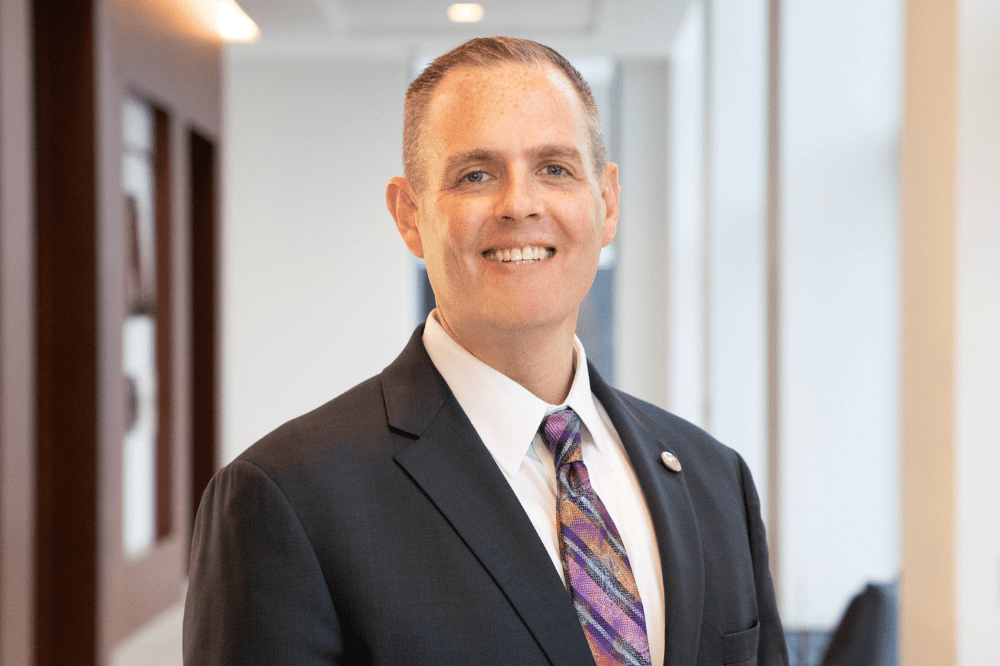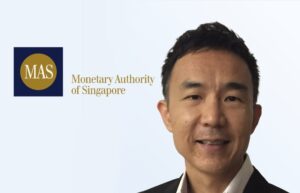Talent should be part of your "overall strategy" – Gallagher Bassett CEO

Talent should be part of your “overall strategy” – Gallagher Bassett CEO | Insurance Business America
Business strategy
Talent should be part of your “overall strategy” – Gallagher Bassett CEO
Mike Hessling on people and community building
Business strategy
By
David Saric
: The insurance industry is currently in the midst of a talent shortage, and according to Mike Hessling, the CEO of North America at Gallagher Basset, that void must be filled by attracting and retaining professionals who feel a deep connection to their work.
For Millennials and Gen Z, being fulfilled with one’s work goes beyond raises or hitting quarterly targets — they are more attracted to working for a company whose corporate ideals align with their own.
“Since we all give so much of ourselves to the work we do, we must give new employees the opportunity to make sure they’re satisfied with their output and the company they are investing all this time into,” said Mike Hessling, the chief executive officer of North America at Gallagher Bassett.
“Talent strategy should be a part of a company’s overall strategy, because having satisfied workers produces more passion and dedication.”
Hessling spoke with Insurance Business during RIMS in Atlanta about how outreach programs need to stress the community building ethos of the industry, intentional team building efforts in the virtual era and the need for vulnerability in leadership positions.
Showcasing the best the industry has to offer
For those who work in the insurance industry, its diversity of thought and ability to become involved in all aspects of commerce and life are highlights and fuel passion.
However, unless one is born into a lineage of insurance professionals or are personally connected to a broker, risk manager, etc., the particulars of the job may not seem seductive at first glance.
“I think when we are doing these outreach programs in universities and other educational institutions, we really need to move past just focusing on the business aspects of the industry,” Hessling said.
Next gen talent is more interested in aligning themselves with companies or corporations whose values reflect their own.
In the insurance industry, the core tenant of any operation is the inherent desire to help people and bring about positive change during life’s hardships.
“I think we need to find more engaging ways of showcasing the people and community building aspects of the job,” Hessling said.
“People these days want to feel like their professional careers have a greater purpose. Whether that is through effective internal DE&I programs or providing aid and relief in the aftermath of a natural disaster, there is plenty of opportunity to initiate meaningful change and be a stable support to others.”
Breaking through virtual barriers
As hybrid or fully remote work models become the new norm, business leaders need to make a concerted effort to initiate newer hires into a work culture that prioritizes a feeling of community and interpersonal connections.
“It is quite easy to keep virtual calls brief and solely focused on transactional or business matters, so you have to resort to more intentional team building that also feels authentic” Hessling said.
Teams meeting, Zoom or Skype calls have an ability to downplay what makes working with a team in a physical setting so special — the break room banter, mid-day coffee breaks and other relationship building exercises that naturally come with in-office work.
“What I have tried to implement during these calls is taking time at the beginning to speak about any personal things that are interesting or that the employee is excited about,” Hessling said.
“This could be a conversation about what their weekend plans are, any milestones worth noting — such as an anniversary or a child entering into school for the first time.”
It is in these moments of physical remove from in-person teamwork that the culture of a company should be augmented further.
“Wherever you are in this world, a robust team unit will always be paramount,” Hessling said.
We asked some of our teammates why they joined GB and why they stayed. Amy O’Brien joined to pursue a career that would help build her future and stays because of the supportive culture & perpetual importance of her work. Explore our open roles at https://t.co/pl320w4VkZ pic.twitter.com/vArF21btUK
— Gallagher Bassett (@gbtpa) May 29, 2023
Emphasizing vulnerable attributes
The traditional image of a leader is one of stoic remove and a calculated presence, foreground spreadsheets, quarterly results and growth.
However, in a contemporary workplace, employees expect a very different leadership persona, one that is relatable and views more human elements as assets.
“Those in leadership roles need to present themselves with vulnerability and really create an honest connection with the individuals they are overseeing,” Hessling said.
“Rather than viewing ourselves as great business or process managers, we really need to think of ourselves as outstanding people persons.”
The entirety of the insurance industry is predicated on the notion of relationship building with clients, being the individuals on the front lines who are helping people recover from traumatic events and experiences.
Furthermore, fruitful leadership should be aspirational to help build morale and a sense of worth.
“Employees that see themselves as future leaders is the most important part of running any business,” Hessling said.
“We need to recognize an employee’s career goals and really give them the ability to ascend to those heights while creating an image of a leader that promotes upward mobility, as well as integrity.”
Related Stories
Keep up with the latest news and events
Join our mailing list, it’s free!






